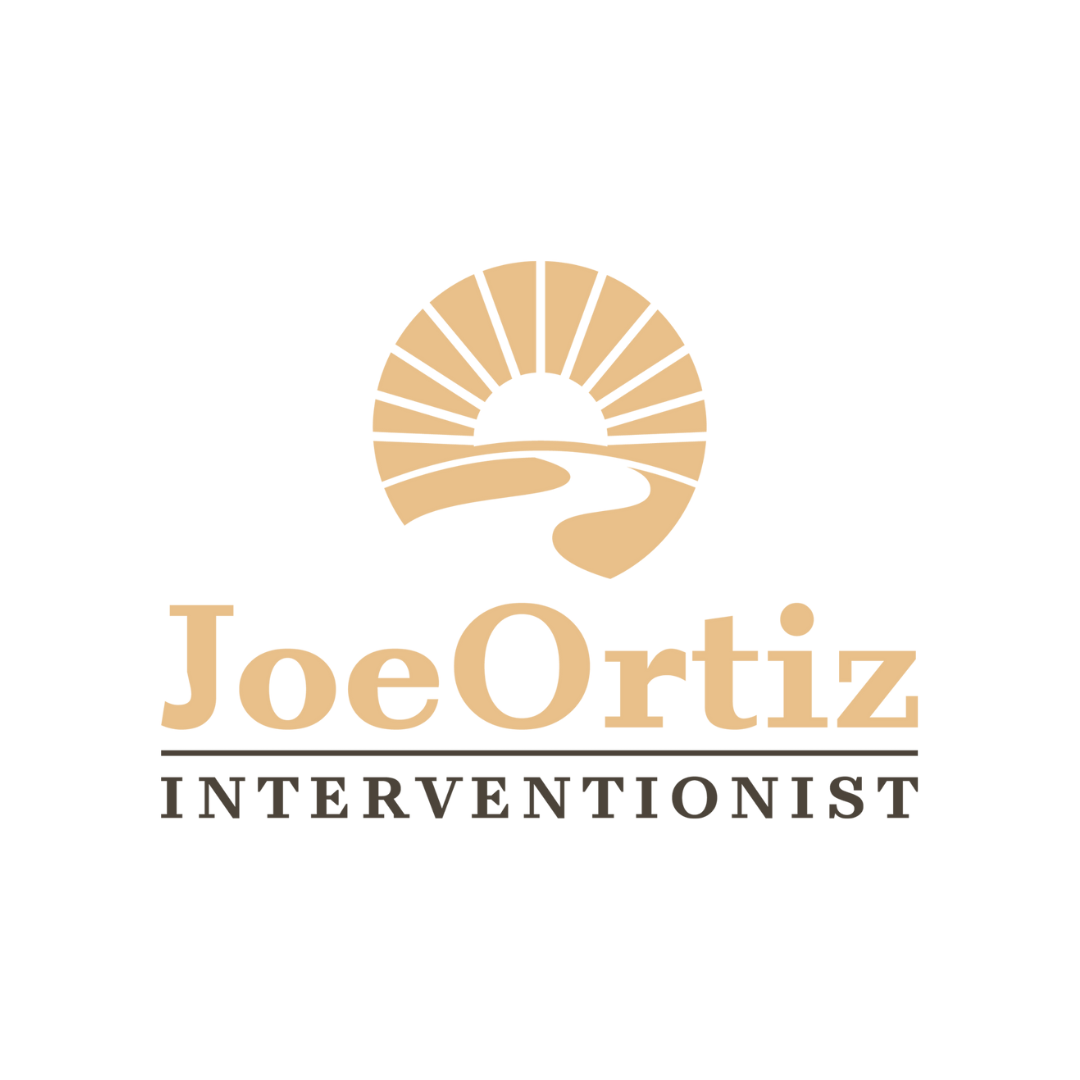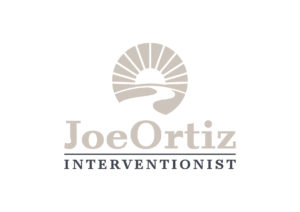THE FAMILY’S RECOVERY IS AS IMPORTANT AS THE RECOVERY FROM ADDICTION

How to Help Your Loved One When They Don’t Want Help
I often get calls from friends and family members asking for guidance for a loved one. They are watching a parent, a child, a spouse, or someone they love in pain and want to get them help.
One of the first questions I ask is, “Does the person want help?”
The answer to this question greatly affects the guidance I can offer someone. The frustrating part about any mental illness, including substance use disorders, is that the person who suffers typically has an altered perception of how their actions affect themselves and the people around them. The idea of help may not enter their mind because they truly don’t believe there is a problem. In some cases, this is denial. In other cases, this is a lack of insight.
When walking families through the process of getting help, these are some of my biggest messages:
Get help for yourself first—it’s just like when you are on a plane and the flight attendants remind you to put your oxygen mask on first before you help another person. Working through your own “stuff” helps you be available to your loved ones in a positive way.
Set realistic expectations—often family members just want their loved ones to be “fixed”. I set the tone with families that recovery is a process and you can’t put a timeframe around getting better. Expectations are especially important for parents to orient around as sometimes children are pushed back into activities or school sooner than is recommended.
You can’t work harder than your loved one—there are times that I see family members go into crisis mode getting help for their loved ones as the person sits back without buy-in to the process. As frustrating as it is to sit back and “do nothing”, the person must be willing to engage in their own treatment and recovery before changes can take place.
Time takes time—I have to reiterate to families that we have to allow a person time to recover. Their recovery is not on our timeline, it is their own journey. That does not mean family members don’t have healthy boundaries or reasonable expectations. This is where working with a professional Interventionist can be very helpful for loved ones to have their own parallel journey of recovery.
I enjoy supporting family members through their own journey as their loved one struggles with their addiction. As painful as it can be to watch a loved one suffer, it is also empowering and freeing for family members to learn that they have tools they can use to keep themselves healthy through the process.
There is hope in recovery and my best work is when I can instill that in individuals, their families, and the communities they live in.

